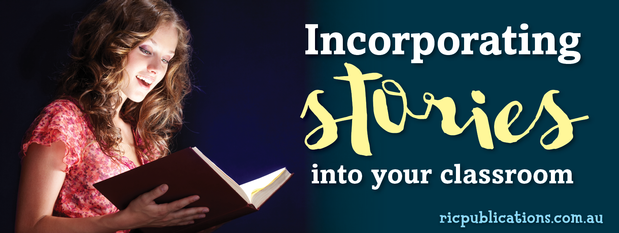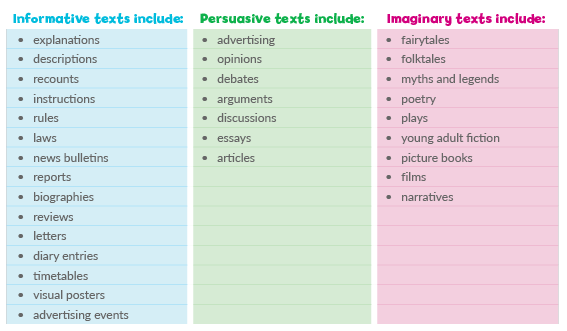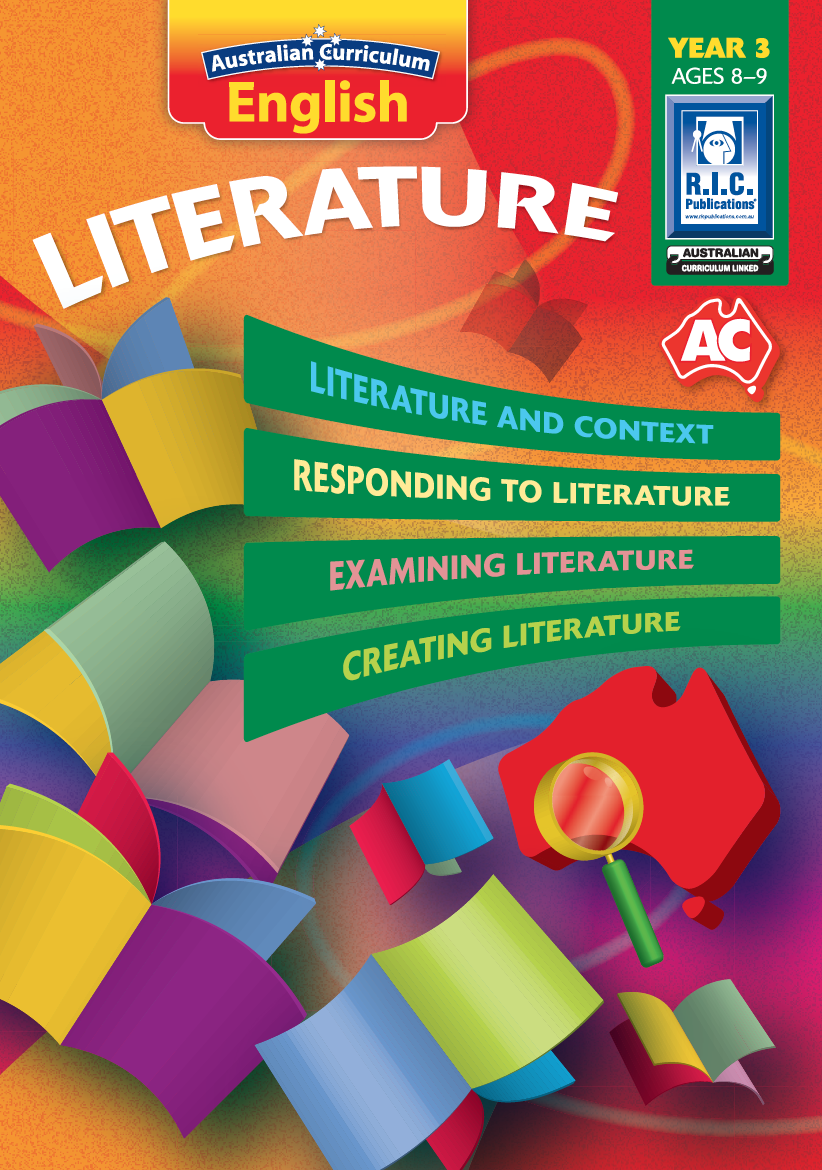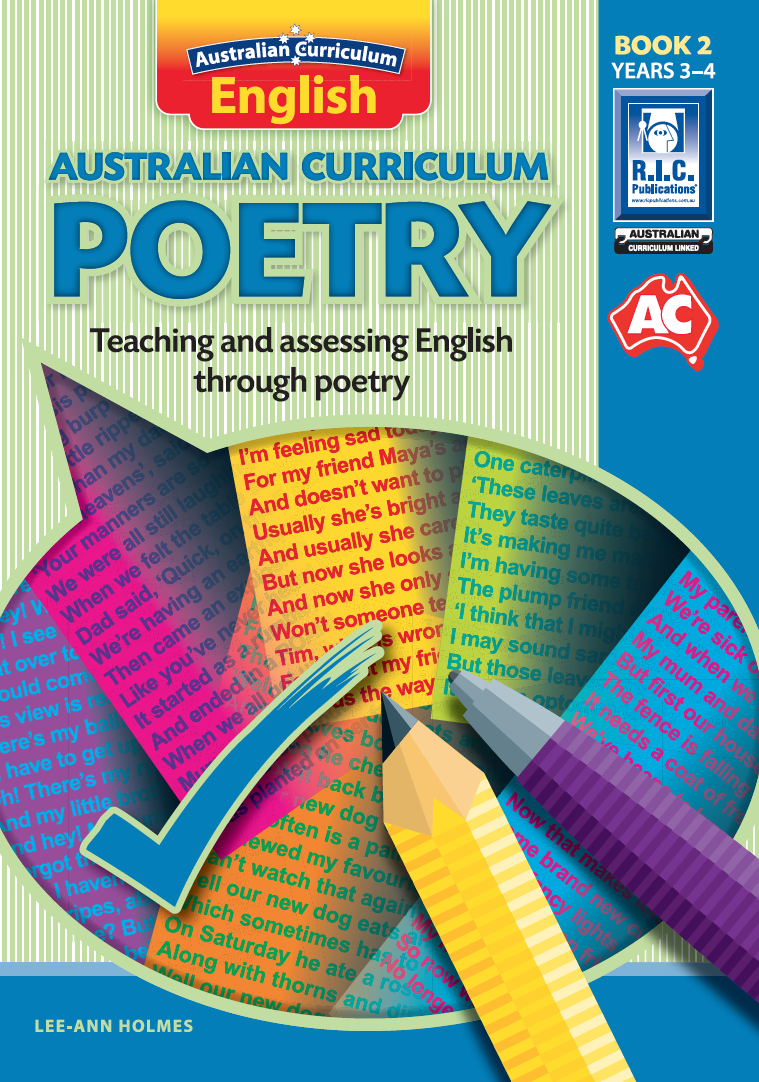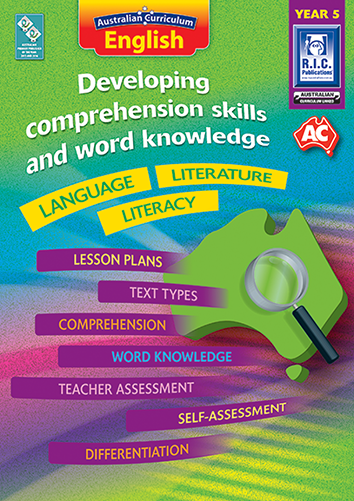- Tuesday 25 April 2017
- 0 Comments
Oral storytelling is, and has been, a major communication tool across many cultures for centuries. With the introduction of writing tools, people began writing their stories for others to read and enjoy. But why do so many students become anxious about having to speak, read or share writing in front of their peers? And, why do they have such difficulty speaking, reading and writing with purpose? While each mode of communication requires slightly different skills, there are many transferrable skills that will lighten the demands on the student's brain and allow them to focus on the task at hand.
How to develop transferable skills in your English program!
Identify the purpose and audience! All forms of communication have an intended target audience and a set purpose—to entertain, to inform, to recount or to persuade. Encourage students to identify the author's intended audience and purpose in every story that they read or hear. This routine will assist students to create good-quality texts of their own.
Identify the text type! Different text types have different features and different structures. These should be explicitly identified and discussed often to increase students' familiarity ... even if that is not the focus of the lesson.
Engage students! Immerse students in real-life experiences, organise an incursion/excursion or use stimulus images to engage them. This will help students to make connections, elaborate on detail and extend their vocabulary, regardless of the mode of communication or the presentation of the text.


(Image source: Australian Curriculum English: Language - Text Structure and Organisation.)
By exposing students to a range of texts, they can explore how different authors engage their audiences and how those authors structure their text based on the text type and it's intended purpose. It will also allow students to make connections between different modes of communication and lessen the brain power required to comprehend or produce great quality texts.
For more ideas on how to develop skills in English, check out the Australian Curriculum English series' below.
